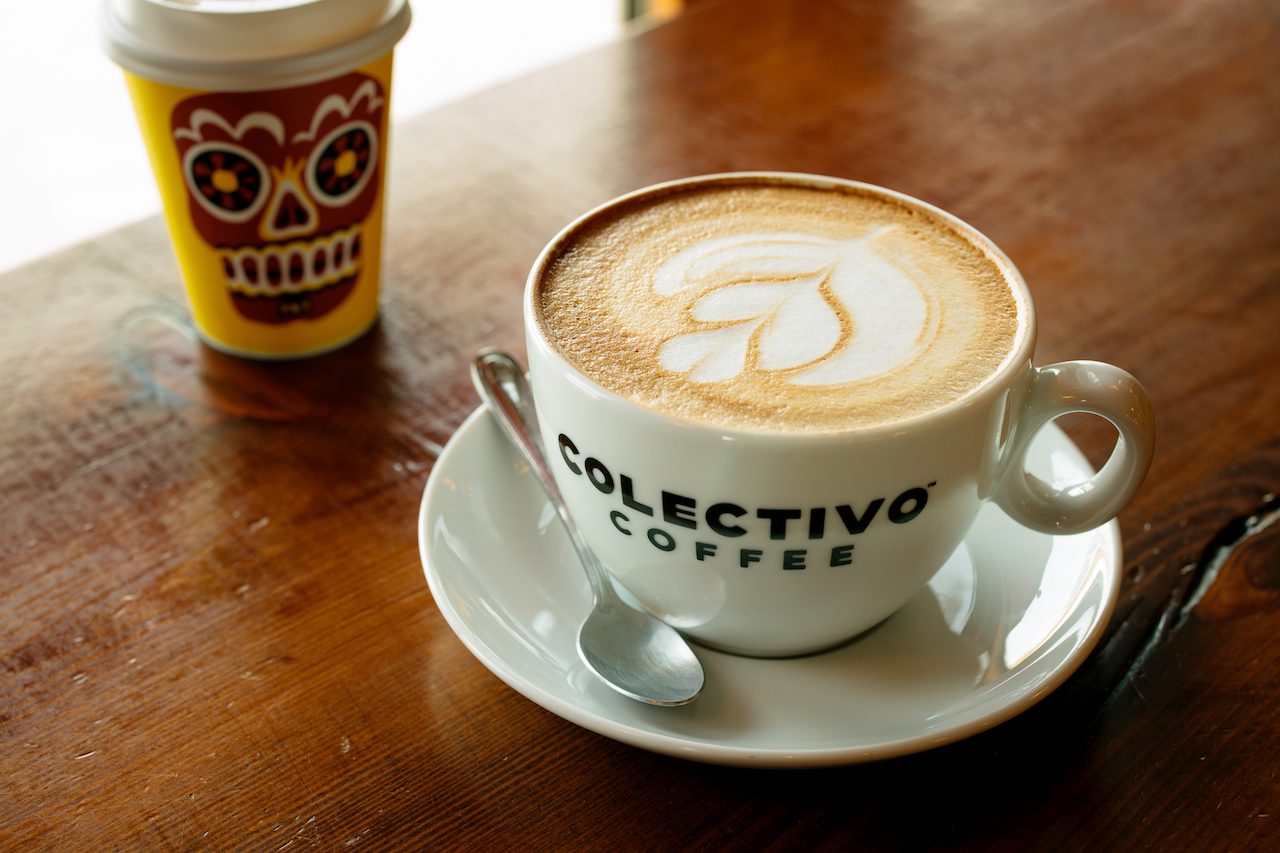Coffee Break: Milk Alternatives
Once upon a time there was only whole, skim and soy milk. Nowadays, one can expect a positive panoply of plant based milks in their local coffee shop. The evolution from animal based to plant based milks has been a welcome expansion in the world of coffee and milk beverages. It has not, though, been an easy one, as the quality and sustainability of each new product has been met with intense scrutiny from the specialty coffee community and consumers who set increasingly high bars for their products.
What I like about plant based milks is the range of flavors they offer, furthermore, they’ve become a necessity as we gain awarenesses around food allergies, lactose intolerance and vegetarian and vegan lifestyles. On the sustainability front, there have been skeptics who call out almonds for their large water footprint, and I’ll add that there is something odd about shipping around boxes of plant based milks which are mostly water, but my assessment is that most plant based milks have a water footprint less than half the size typical of cow’s milk. I would strongly encourage anyone who opts for plant milks to do some digging into the supply chain of whichever variety they enjoy; coconut milk production, for example is fraught with opportunities for inequality.
Another thing to be aware of is that the plant based milks in most cafés often have a different make-up than what you might see in the grocery store. These milks typically have a much lower sugar content than most store bought plant milks; further, an addition of oil, (rapeseed or canola oil are common examples) allows the milk to mimic the smooth texture of traditional cow’s milk when steamed.
With the goal of casting a wide net, early this year I set out to survey and taste through the plant milk options at several of our most popular cafés in Milwaukee, to see how they paired with each roaster’s signature espresso blend in a 12 ounce latte.
Colectivo Coffee’s Espresso Toro is a four-bean blend that uses a recipe developed over decades, a delicate balance of coffee from Sumatra, Brazil, Guatemala and Costa Rica. Sumatran coffee is typically processed in a way that emphasizes earthy and peaty notes, a style rarely seen in other parts of the world. Colectivo’s roasting team uses the nutty and caramelly qualities of the Brazilian and the brighter qualities of Costa Rican and Guatemalan coffees to play against the rich, humus-like quality of the Sumatran, giving the espresso complexity and life in the cup.
The plant milk options at Colectivo Coffee sprout from Pacific Foods. Pacific is a very popular brand for plant milks in Milwaukee, and I think there are several reasons why. Making your own plant milk is not easy. Pacific has developed a “barista series” of plant milks built to perform on the steam wand, and have delightful foam in the cup. One major challenge for baristas when it comes to plant milks is that they all incorporate air a little differently from each other; when you see crisp, clean latte art with a milk alternative, you’ll know your barista has put in the work.
I chose the most popular milk alternative, almond milk, for my latte at Colectivo. The almond milk was a bit sweeter than other versions of plant milks, and produced a decent foam. In all, the sweetness of the almond milk was an interesting foil for some the robust notes of the Toro, and I found it was a drink that reminded me at points of almond croissant, raisin bagels, walnuts and pie crust.
At Valentine Coffee I tried a latte made with Pacific’s coconut milk. The Espresso Dolce blend at Valentine is a big bodied shot, with a round mouthfeel alongside ample dark chocolate and spice notes. I find that coconut milk has the thinnest texture, and retains significant coconut flavor. In the latte I tried, there was a quiet Mounds-bar-like thing happening in what turned out to be a sippable and smoothly textured drink that was at times reminiscent of tiki, and which I suspect would not have said no to a tumbler of rum.
At Anodyne, I noted a selection of almond, soy and what has quickly become very popular: oat milk. Oat milk sales grew 400% in some places in 2018, and I can well understand why. While there are several brands on the market, Swedish brand Oatly garnered national attention after supply failed to match demand for its product. Oatly has very mild flavor, a light, almost nutty sweetness and a mouthfeel and cleanliness like high quality cow milk.
Oat lattes at Pilcrow and Interval (where I also found almond milk) were delicious, fluffy and left plenty of room for Pilcrow’s Storyteller, a lighter blend with elegant acidity, to shine delicate notes of golden raisin, Honey-Nut Cheerios and granola bar across my palate. Kickapoo Café on Erie St. also made me a delicious oat latte which was as comfortable as any I’ve ever had.
Fifty or seventy-five cents more for a plant based milk can seem like a lot sometimes, but the cost to a café is significantly higher than even local, organic milks. I hope this piece inspires readers to consider the place of plant based milks, not as a milk alternative, but as a product which has come into its own.








